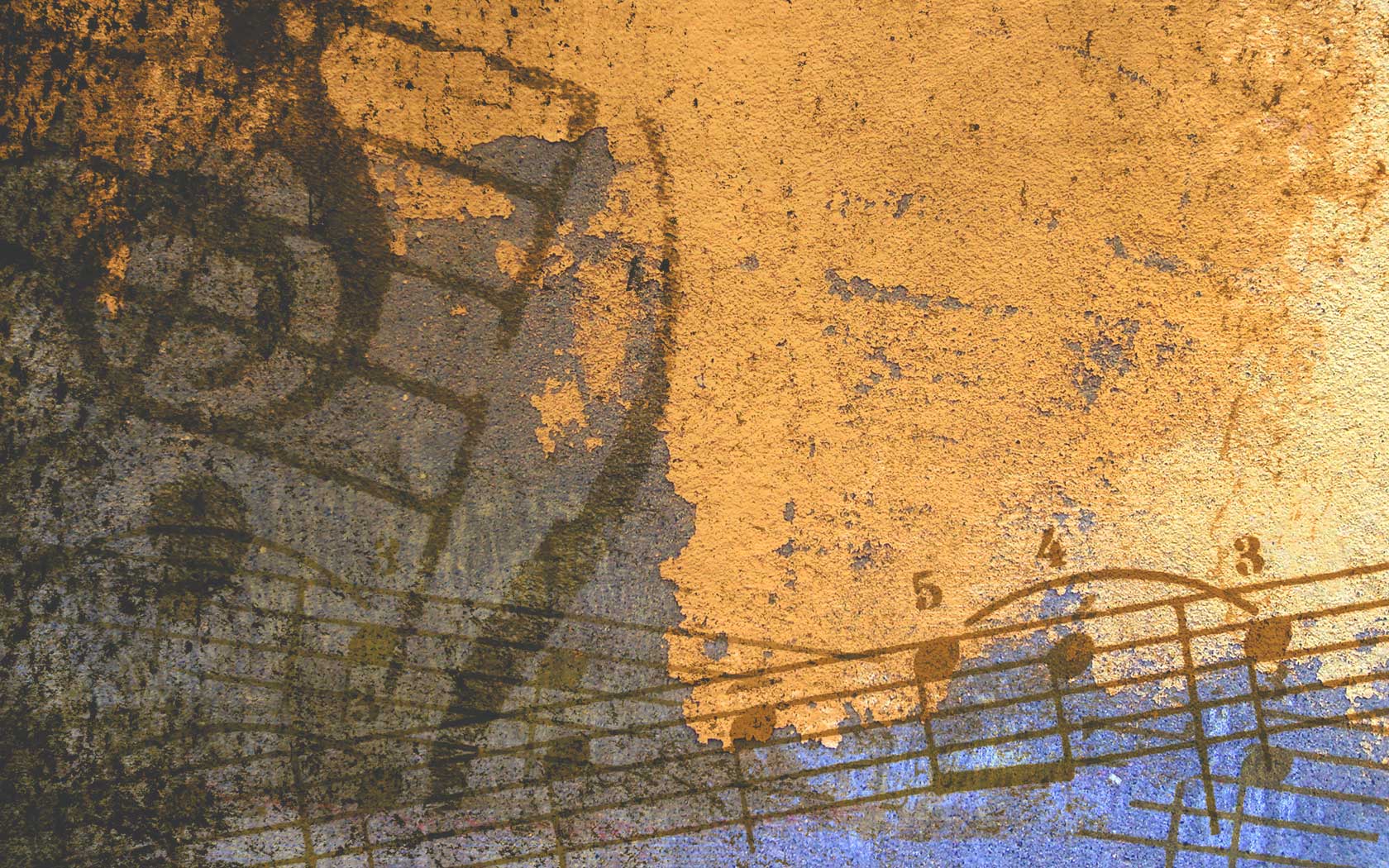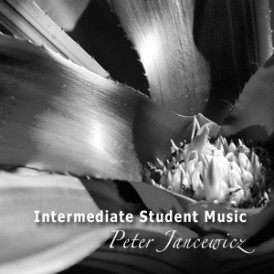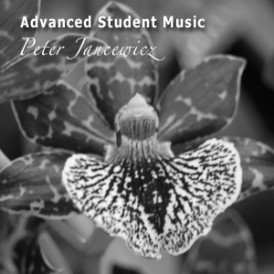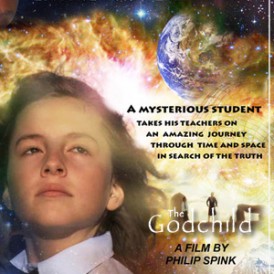 Teachers are like mountain guides. They lead people to the peak by the best route, but the student/climber must still get there by their own effort.
Teachers are like mountain guides. They lead people to the peak by the best route, but the student/climber must still get there by their own effort.
Learning a worthwhile skill like playing the piano is like climbing a mountain, a mountain of ideas. Our lives are driven by ideas. Everything we see, everything we hear, everything we experience is coloured by the way we think. Some ideas foster understanding, many others hinder it. The teacher’s task is to help the student make sense of a world of conflicting ideas, to teach them to distinguish between constructive and destructive ways of thinking. To teach well is to guide the student to a place of understanding, critical thinking, and through that, inspiration and awe.
In order to teach well, teachers must thoroughly understand their subject and be able to communicate their knowledge to a wide variety of personalities. They must be sensitive to the needs of the student, and be able to think creatively. Since music flows from the imagination, a teacher is responsible for encouraging conditions in the student where they understand and love the music and the piano, and are inspired to express themselves. Inspired teaching flows from a place of stillness. And playing the piano should feel as natural as breathing.
The most important facet of playing the piano is creativity, but it doesn’t just happen automatically. A student’s creativity can be developed only when they are given and accept the tools to be able to create with imagination, inspiration and freedom. These tools include an efficient physical and psychological technique, the ability to listen with clarity, and an understanding of both music and the piano. Without a clear grasp of these tools, creativity is impossible, which explains why so many students remain uninspired at the piano, even after passing countless examinations. And these tools are only obtainable through creative and efficient practice techniques, and the nurturing of a calm, accepting approach. Talent does not make up for poor practicing.
My teaching philosophy is expressed artistically in the following two excerpts:
“In human affairs of danger and delicacy successful conclusion is sharply limited by hurry. So often men trip by being in a rush. If one were to properly perform a difficult and subtle act, he should first examine the end to be achieved, and then, once he has accepted the end as desirable, he should forget it completely and concentrate solely on the means. By this method he would not be moved to false action by anxiety or hurry or fear. Very few people learn this.”
John Steinbeck: from East of Eden, Ch. 21, para 1.
……..













